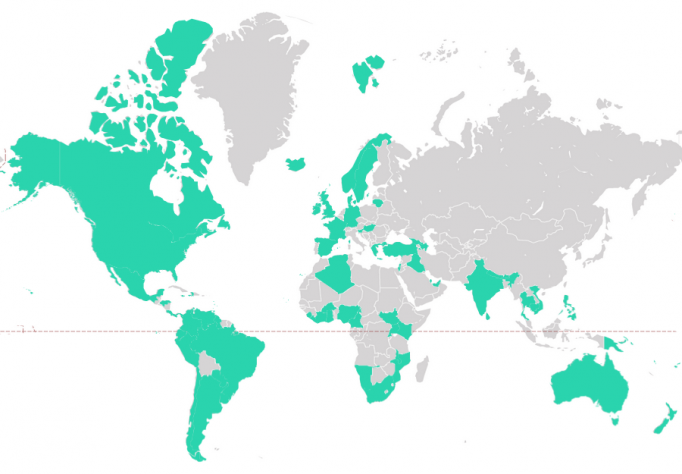Teacher codes of conduct
In particular, such codes aim to enhance the commitments, dedications, and efficiency of service of members of the teaching profession, and to provide self-disciplinary guidelines by establishing norms of professional conduct.
Codes are being developed in an increasing number of countries (view map) either by an autonomous body, as in Hong Kong, or by teacher organizations themselves, as in the province of Ontario in Canada. Research has shown that teacher codes can be an effective instrument for promoting ethics in education. However, their implementation sometimes proves difficult due to – among other variables – limited access, unclear content, and inadequate teacher training, as shown in IIEP’s research in South Asia (access publication).
Consult examples of codes taken from around 76 different countries worldwide, by clicking on the map below:
To help countries in the design and implementation of teacher codes, IIEP has developed Guidelines, describing every step involved in the development of a code:
- Defining a code of conduct
- Formulating the content of the code
- Developing the code
- Adopting the code
- Disseminating and promoting the code
- Implementing the code effectively
- Reporting and sanctioning misconduct
- Reviewing the code and evaluating its impact
Access more resources on IIEP's online toolkit on teacher codes.
In the press
Find out more
01.01.2009 | Publication
Guidelines for the design and effective use of teacher codes of conduct
01.01.2011 | Publication
Patterns of development and use of codes of conduct for teachers in 24 countries

10.07.2019 | Blog post
Corruption Watch’s relentless fight against corruption in schools in South Africa


